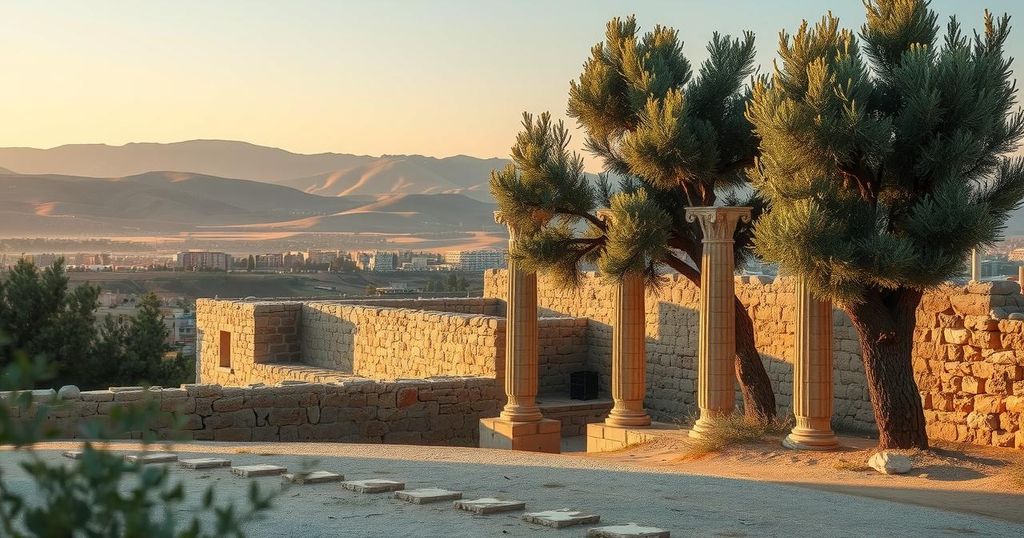Aramaic-speaking Christians in an ancient Syrian town fear for their future after Assad’s fall. Feeling scapegoated during the civil war, they now report incidents of looting and harassment. Seeking security from new leaders, they are reminded of past extremist violence against their community.
In an ancient town in Syria, residents inhabit one of the few remaining locations where Aramaic, the language believed to have been spoken by Jesus, is still in use. Following the fall of former President Bashar Assad, many local Christians express concerns regarding their safety. During the civil conflict, they felt unjustly portrayed as supporters of Assad, who claimed to protect minority groups. Now, the community has reached out to the new leadership, seeking security amid troubling instances of looting and harassment that have stirred memories of a past extremist attack that occurred over a decade ago.
The situation for Aramaic-speaking Christians in Syria remains precarious as they confront uncertainties following political changes. The community, long aware of the dangers tied to their minority status, seeks protection after experiencing violence and discrimination. Their historical roots in the area underlie their resolve, but the fear of attacks still looms large, prompting urgent calls for safety from new authorities.
Original Source: www.chronicleonline.com




